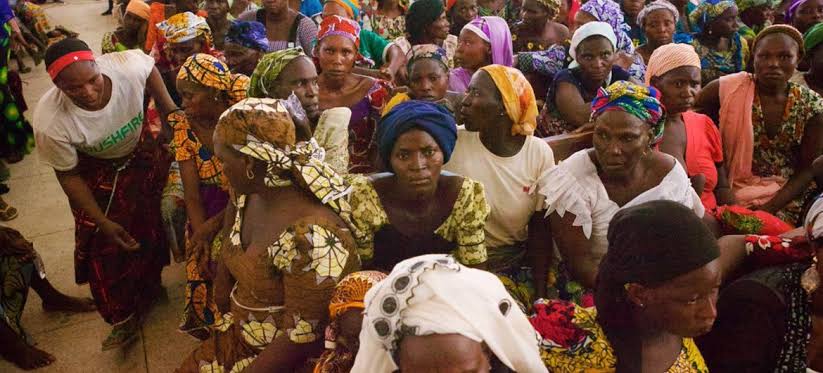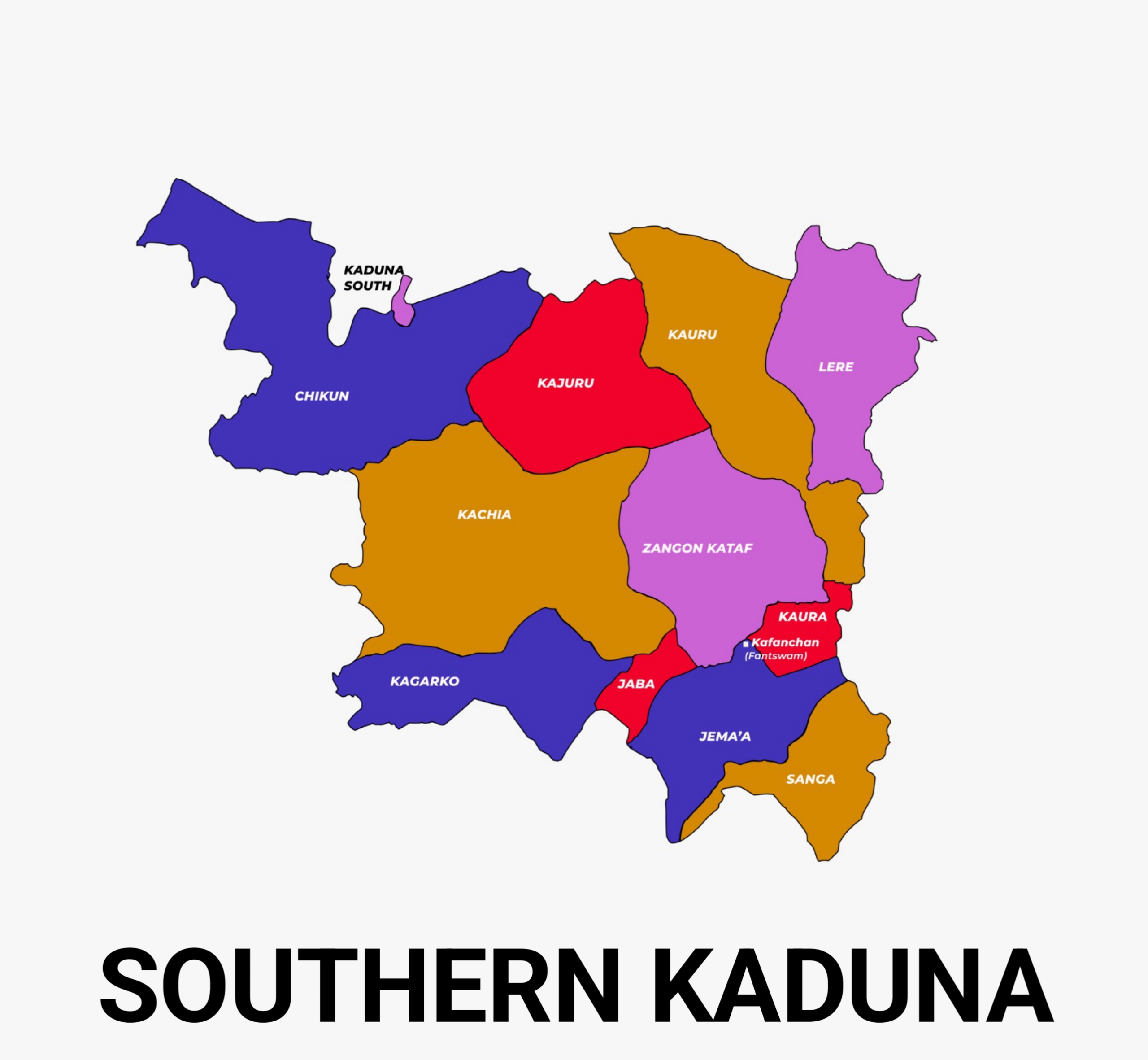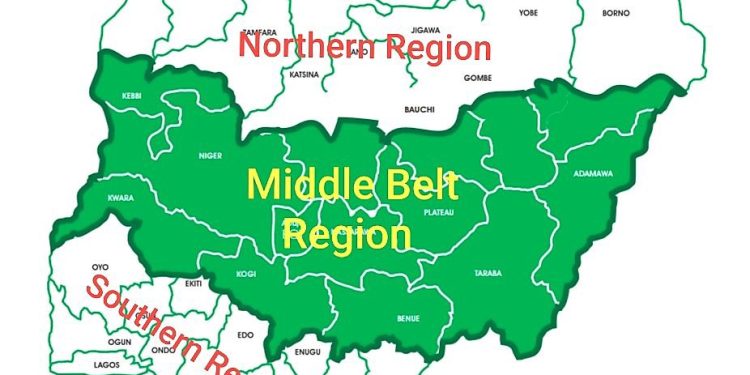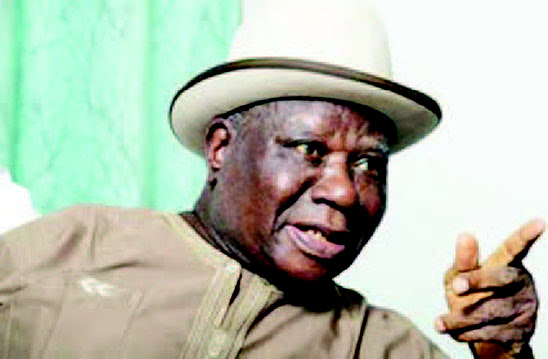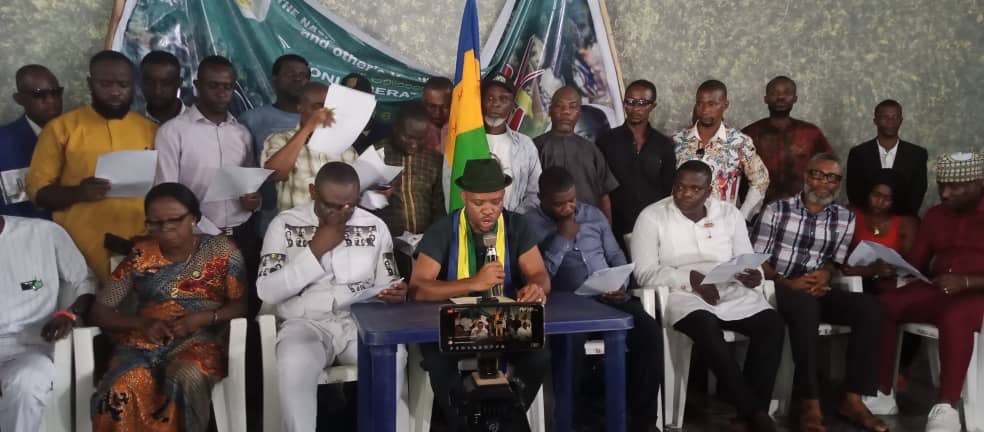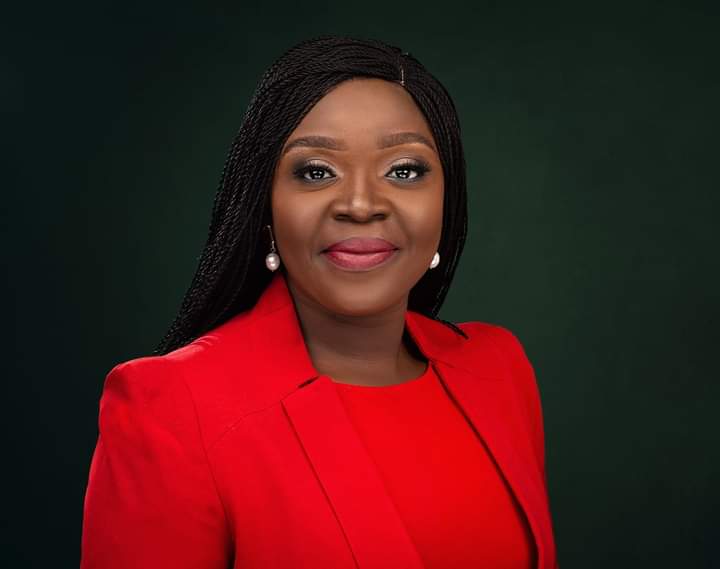A CALL FOR PROTECTION AND SAFETY OF DISPLACED PERSONS & COMMUNITIES AT THIS CHRISTMAS AND BEYOND.
Since the 2010 Christmas day twin bombing at Ungwan Rukuba and Gada Biyu in Jos, Plateau State and the terror attack at St. Theresa Catholic Church, Madalla, Niger state on 25 December, 2011, there has been a grief- mapped mass displacement of persons and communities due to terror attacks at Christmas in Northern Nigeria and more incessantly, in the Middle Belt region.
On 24 December, 2016, Goska community in Jema’a Local Government, Southern Kaduna, was attacked. About 20 people were killed and hundreds of people in the community had to flee for safety.
In recent times, more specifically, at the 2023 Christmas, over 212 people were killed across communities in Bokkos and Barikin Ladi of Plateau State, causing over 10,000 persons to be displaced.
At the 2024 Christmas celebrations, about 46 worshippers were killed at Anwase, Gboko of Benue State, causing 6,800 persons to join the over 150,000 displaced persons.
In the days leading up to the 2025 Christmas, 20 worshippers have been kidnapped in an ECWA Church in Ayetorokiri, Bunu-Kabba, Kogi state.
This pattern of Christmas season mass atrocities across different parts of the Middle Belt of Nigeria needs to be addressed and prevented to drive a wedge between the intersection of faith-based insecurity and the violence of domestic terrorism across the country.
Consequently, the undersigned call on the Nigerian government to:
1. Put in place security measures to protect communities, churches and worshippers as citizens travel for the Christmas festivities across the country.
2. Urgently prioritize the welfare and protection of displaced Persons (IDPs) and Internally Displaced Communities (IDCs) in the Middle-Belt and across all parts of Nigeria at this Christmas and beyond.
3. Acknowledge the severe and complex challenges displaced persons face including loss of homes and livelihoods; documentation and identity; as well as the indiscriminate consequences of vulnerability to violence.
4. Strive to timely reduce the number of displaced persons and communities in protracted situations through creative and stabilizing economic empowerment solutions.
5. Ensure that the National Emergency Management Authority (NEMA) and State Emergency Management Agencies (SEMA) are immediately mobilized to provide, food, water, shelter and physical security during this season to IDPs & IDCs across the Middle-Belt & other parts of the country.
6. Enable the safe and dignified return and resettlement of displaced persons and communities to their places of habitual residence in assurance of support to be self-reliant.
7. See to the voluntary return, local integration or resettlement of IDPs and IDCs by providing support for reintegration into communities and ensuring their participation in decisions and processes that affect their lives for durable solutions.
8. Ensure that statutory security and law enforcement agencies work in collaboration with locally established security and vigilante groups towards harnessing actionable intelligence and strengthening community policing.
9. Prevent the upsurge of displaced persons and communities by acting on security reports to prevent further attacks.
10. Urge President Bola Ahmed Tinubu to grant assent to the African Union Convention for the Protection and Assistance of Internally Displaced Persons in Africa (Kampala Convention) (Domestication Bill), to ensure a coordinated and harmonized rights-based approach to a national crisis of IDPs & IDCs.
We hope that the government will urgently prioritize action in addressing the protection needs of IDPs & IDCs, prevent further incidents that could increase their numbers and address the displacement problem in an enduring and sustainable manner.
Signed:
House of Justice
Prof. Chidi Anselm Odinkalu
Global Rights
Atrocities Watch Africa
Open Bar Initiative
The Kukah Centre
The Gideon and Funmi Para- Mallam Peace Foundation
Middle Belt Times
Resilient Aid and Dialogue Initiative (RADi)
Community Development and Rights Advocacy Foundation
Christian Women for Excellence and Empowerment in Nigerian Society (CWEENS)
The Benue We Deserve Foundation (BenDeF)
Leadership, Ethics and Accounability Development Foundation
(LEAD Foundation)
Dinidari Foundation
Sesor Empowerment Foundation
Middle Belt Concern
Initiative for Leadership, Environment and Empowerment Advanced (ILEEA)
Gloria Mabeiam Ballason Esq
Rt. Hon. Cephas Dyako
Ier Jonathan Ichaver
Abiodun Baiyewu Esq
Ndi Kato
Steven Kefas
Bulus Y. Atsen, fsi, Esq
Pyemwa Samantha Deshi ,Kinabuti Initiative.
Kaneng Rwang Pam, Kaneng Rwang-Pam Foundation for Education & Migration Awareness (KRP FEMA)


